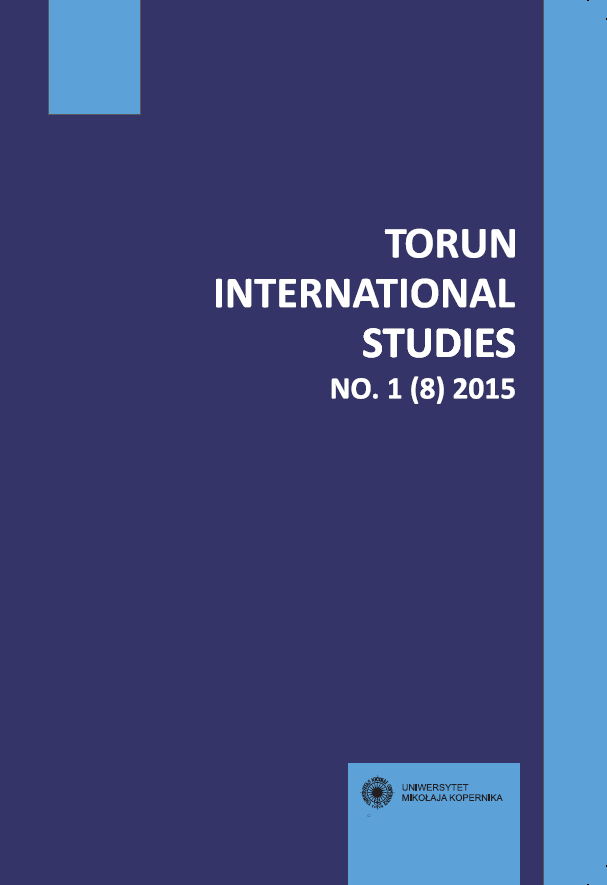Role of the Council of Foreign Ministers and principles of participation of Germany, Poland and so-called “small countries” in the preparation of the draft peace treaty with Germany
Role of the Council of Foreign Ministers and principles of participation of Germany, Poland and so-called “small countries” in the preparation of the draft peace treaty with Germany
Author(s): Katarzyna KąckaSubject(s): Politics / Political Sciences, Politics, History, Recent History (1900 till today), International relations/trade
Published by: Wydawnictwo Naukowe Uniwersytetu Mikołaja Kopernika
Keywords: Council of Foreign Ministers;Germany;Poland;peace treaty with Germany
Summary/Abstract: The end of the Second World War necessitated making arrangements as to the future of Germany. The decisions were to be made by the allied countries – winners of the war. In the end, the decisions of the so-called “big four” states were of arbitrary nature, and German officials were not permitted to participate in talks about the future of their country. The years 1945-1947 have brought numerous important resolutions and final settlements, but were also a period of growing disagreement within the victorious coalition. True end of their collaboration came about in 1947, and the matter of Germany became a bargaining chip in the Cold War conflict. The aim of this study is, above all, to present the role of the most important decision-making institution after the war: the Council of Foreign Ministers. The paper also presents the respective positions of the four great powers as to the participation of Germany, Poland and so-called “small countries” in determining the future of Germany.
Journal: Toruńskie Studia Międzynarodowe
- Issue Year: 1/2015
- Issue No: 8
- Page Range: 37-48
- Page Count: 12
- Language: English

